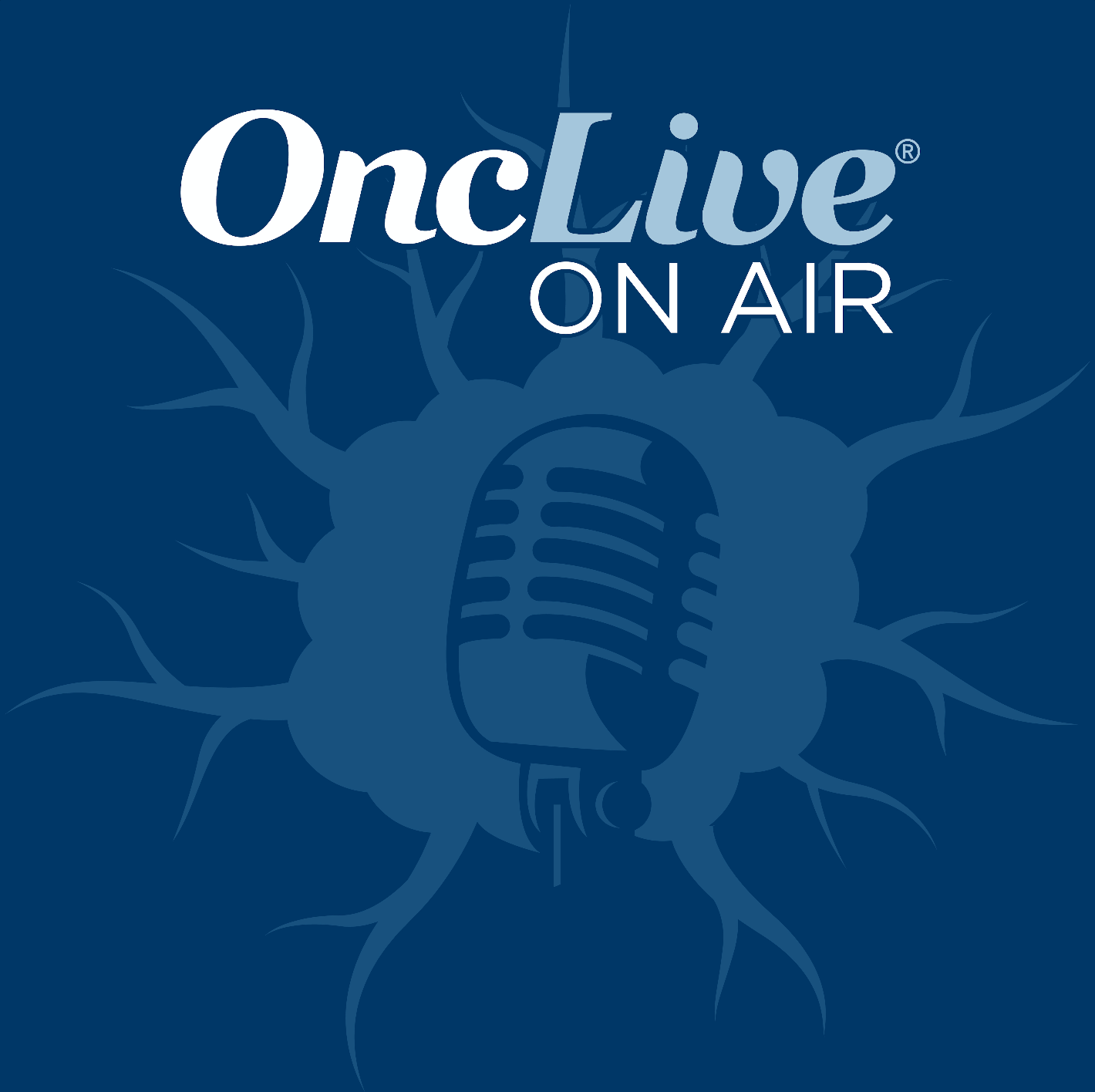Video
Dr. Schwartzberg on the Use of Therapeutic Biosimilars in Breast Cancer
Author(s):
Lee S. Schwartzberg, MD, FACP, chief medical officer, OneOncology, chief and professor of medicine, Division of Hematology/Oncology, the University of Tennessee Health Science Center, medical director, West Clinic, and executive director, West Cancer Center, discusses the use of therapeutic biosimilars in breast cancer.
Lee S. Schwartzberg, MD, FACP, chief medical officer, OneOncology, chief and professor of medicine, Division of Hematology/Oncology, the University of Tennessee Health Science Center, medical director, West Clinic, and executive director, West Cancer Center, discusses the use of therapeutic biosimilars in breast cancer.
The prospect of biosimilars is exciting because they could decrease the cost of cancer treatment, says Schwartzberg. The cost of therapy is rising, and many patients are already experiencing financial constraints. The oncology community is currently grappling with how to decrease the cost of lifesaving treatments. If biosimilars enter the market, they could spur competition and result in competitive drug pricing.
However, before these products are brought to market, they have to go through a rigorous approval process with an emphasis on analytic similarity to originator compounds. Due to the preclinical vetting that biosimilars go through, they do not have to go through the same clinical trial process as biologics. Rather, once a biosimilar has demonstrated similarity to the originator compound in a clinical trial, the data can be extrapolated to other indications for the biologic, explains Schwartzberg. Based on the FDA approval process, Schwartzberg says he is comfortable with using any of the already approved biosimilars for trastuzumab (Herceptin) in practice.








%201%20(1)-Recovered%20copy.jpg?fit=crop&auto=format)
